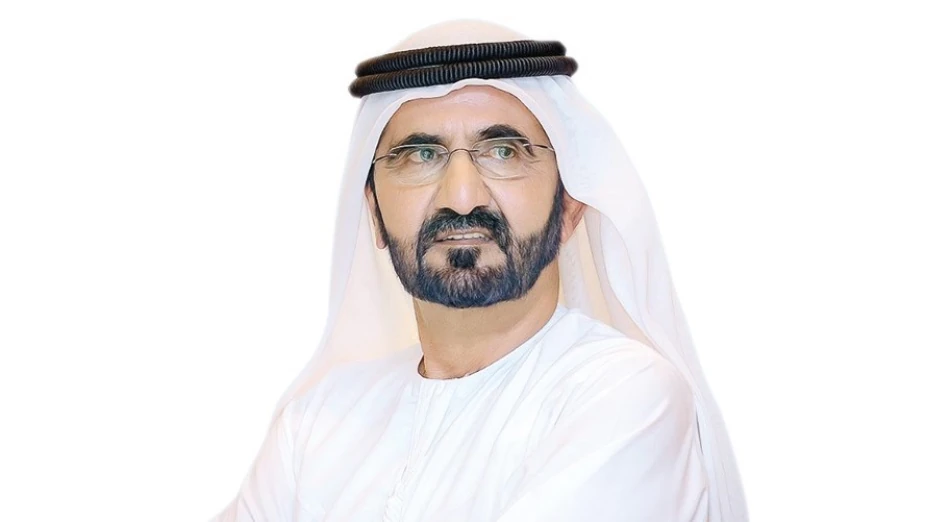
UAE's Vice President Appoints Lana Nusseibeh and Saeed Al Hajri as New Cabinet Ministers
UAE Appoints Two New Ministers of State in Government Reshuffle
The United Arab Emirates has appointed Lana Nusseibeh and Saeed Al Hajeri as new Ministers of State, marking another strategic expansion of the federal government's leadership structure. The appointments, announced by Dubai's ruler Sheikh Mohammed bin Rashid Al Maktoum in coordination with UAE President Sheikh Mohamed bin Zayed Al Nahyan, reflect the country's continued focus on strengthening institutional capacity across key sectors.
Strategic Leadership Expansion
The dual appointment signals the UAE's ongoing commitment to diversifying its government leadership and enhancing policy implementation across various portfolios. Ministers of State in the UAE system typically oversee specialized areas or support senior cabinet members in executing complex national strategies.
Lana Nusseibeh brings significant diplomatic experience to her new role, having previously served as the UAE's Permanent Representative to the United Nations. Her appointment suggests the government may be prioritizing international relations and multilateral engagement as core ministerial functions.
Government Modernization Continues
This reshuffle follows the UAE's pattern of regular government updates designed to maintain administrative agility and respond to evolving national priorities. Since 2016, the country has conducted multiple cabinet reshuffles, often introducing new ministerial positions focused on emerging sectors like artificial intelligence, climate change, and advanced technology.
The timing appears strategic, coming as the UAE positions itself as a global hub for innovation, sustainability, and economic diversification ahead of COP28 and other major international commitments.
Implications for Policy Direction
The appointments likely signal intensified focus on areas where both ministers have demonstrated expertise. Nusseibeh's diplomatic background could indicate expanded emphasis on international partnerships, particularly as the UAE seeks to strengthen its role in global governance and regional stability.
Al Hajeri's inclusion suggests continued attention to domestic policy coordination and implementation of the UAE's ambitious development agenda, including the UAE Centennial 2071 vision and various economic transformation initiatives.
Regional Leadership Model
The UAE's approach to government restructuring has become a reference point for administrative modernization across the Gulf region. By regularly refreshing ministerial appointments and creating specialized roles, the country maintains institutional dynamism while ensuring policy continuity.
The emphasis on collaborative decision-making between the President and Vice President also reinforces the UAE's federal governance model, where major appointments reflect consensus among the country's leadership council.
Most Viewed News

 Sara Khaled
Sara Khaled






